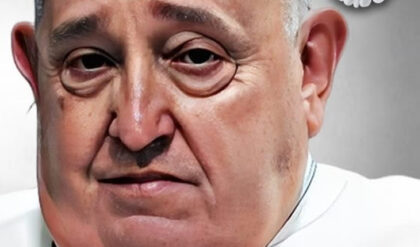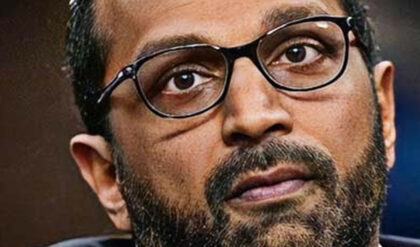In the early hours of June 25, 2009, Dr. Conrad Murray began administering medications to help Michael Jackson sleep, with the artist seemingly affected by the intensity of rehearsals for his upcoming tour in London. Despite multiple doses, including 10 mg of Valium, Jackson continued to struggle with sleep. Murray finally administered 25 mg of Propofol, a powerful anesthetic, which caused Jackson to lose consciousness, tragically never to awaken again. This heartbreaking event marked the end of the life of one of pop music’s greatest icons, whose legacy endures through his art and his impact on the world.

Born into a musical family, Michael Jackson began his career as the young lead singer of The Jackson 5, a group formed in 1962 by Jackson’s father, Joe Jackson, a strict and often ruthless disciplinarian. Michael’s journey to stardom, however, was not without challenges. His father’s rigorous training methods, while undoubtedly contributing to the group’s success, left deep psychological scars on the young Michael. Yet, the challenges of his early life only seemed to fuel his drive, and he went on to launch a solo career in 1971, quickly becoming a sensation. By 1975, Michael had already released four solo albums, showcasing his exceptional songwriting and dance abilities that would only grow more remarkable over time.
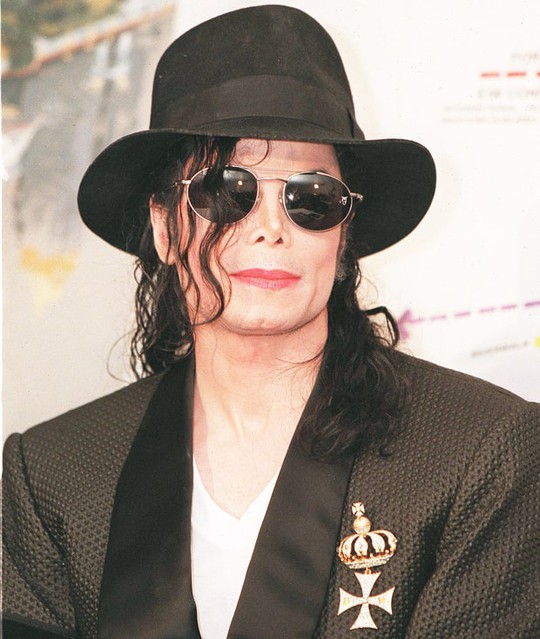
Jackson’s fifth album, Off the Wall (1979), marked the beginning of his stratospheric rise in the music industry, but it was his sixth album, Thriller (1982), that transformed him into a global phenomenon. Winning eight Grammy Awards and selling over 65 million copies worldwide, Thriller became the best-selling album in history. It was the first album to spend an entire year at the top of the Billboard charts and featured unforgettable hits like “Billie Jean” and “Beat It.” The music video for “Thriller,” directed by John Landis, became legendary for its length, narrative, and visual effects, blending horror and choreography in a way never seen before. MTV experienced a renaissance as “Thriller” brought music videos into mainstream entertainment, setting a new standard in music and visual storytelling.
However, Jackson’s intense dedication to his art came with a cost. During a Pepsi commercial shoot in 1984, an accident caused severe burns to his scalp, leading to a lifelong battle with pain and a dependence on painkillers. Despite the physical and emotional struggles he faced, Michael Jackson continued to break records and win awards, including 39 Guinness World Records and 15 Grammy Awards. He received global recognition as one of the most successful artists of all time, with record-breaking tours, humanitarian efforts, and unprecedented influence in pop culture. In 1988, he purchased the Neverland Ranch, a sprawling estate in California where he built a zoo and amusement park, fulfilling a long-held dream inspired by Peter Pan.
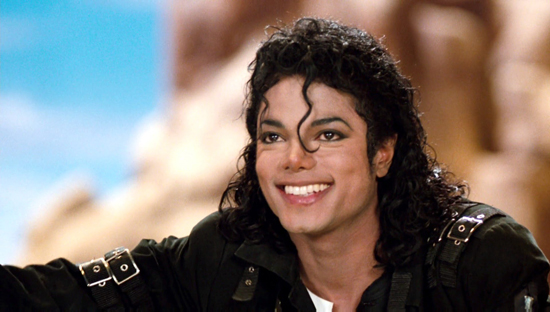
One of Jackson’s most iconic features was his trademark look—his sequined glove, black fedora, and flawless moonwalk. Though his transformation in physical appearance attracted controversy, Jackson openly revealed his struggles with vitiligo, a skin condition causing loss of pigment, and lupus, an autoimmune disease that further sensitized his skin to sunlight. Misunderstandings about his condition, compounded by media sensationalism, led to false rumors that he was ashamed of his race or attempting to alter his racial identity. In reality, Jackson’s battle with vitiligo required extensive makeup to create a uniform skin tone, and he often wore protective masks and umbrellas to shield himself from the sun.
Beyond his music, Michael Jackson was an extraordinary philanthropist. In 1984, President Ronald Reagan awarded him for his contributions to charitable organizations. One of Jackson’s notable humanitarian projects was We Are the World, a collaborative charity single he co-wrote with Lionel Richie in 1985 to combat famine in Africa, which raised $63 million. Jackson’s foundation, Heal the World, focused on helping disadvantaged children worldwide, particularly those impacted by disease, poverty, and violence. Over his lifetime, he supported 39 charities and donated more than $300 million, earning him two Nobel Peace Prize nominations and numerous awards for his philanthropy.
Nevertheless, Jackson’s life was marred by allegations and controversies, the most notable being child abuse allegations in 1993. A father, Evan Chandler, accused Jackson of molesting his son, Jordan Chandler, after a failed attempt to secure a film investment from the pop star. In a recorded conversation, Evan Chandler allegedly admitted he would seek revenge against Jackson if he refused to finance his projects. Despite Chandler’s demand for a settlement of $20 million, Jackson insisted on facing the accusations in court to clear his name. The case ultimately settled out of court without an admission of guilt, but the controversy damaged Jackson’s reputation irreparably, fueling sensationalized and often unsubstantiated media portrayals that overshadowed his achievements.
In 1996, Jackson married Lisa Marie Presley, daughter of Elvis Presley, in a high-profile marriage that brought two music legends’ legacies together. However, the marriage was short-lived. Jackson later remarried and became a father, a role he cherished deeply. Yet even his parenting came under public scrutiny, especially after an incident where he held his infant son over a hotel balcony at the media’s request. Jackson’s actions, though not intended to endanger his child, drew criticism from the press.
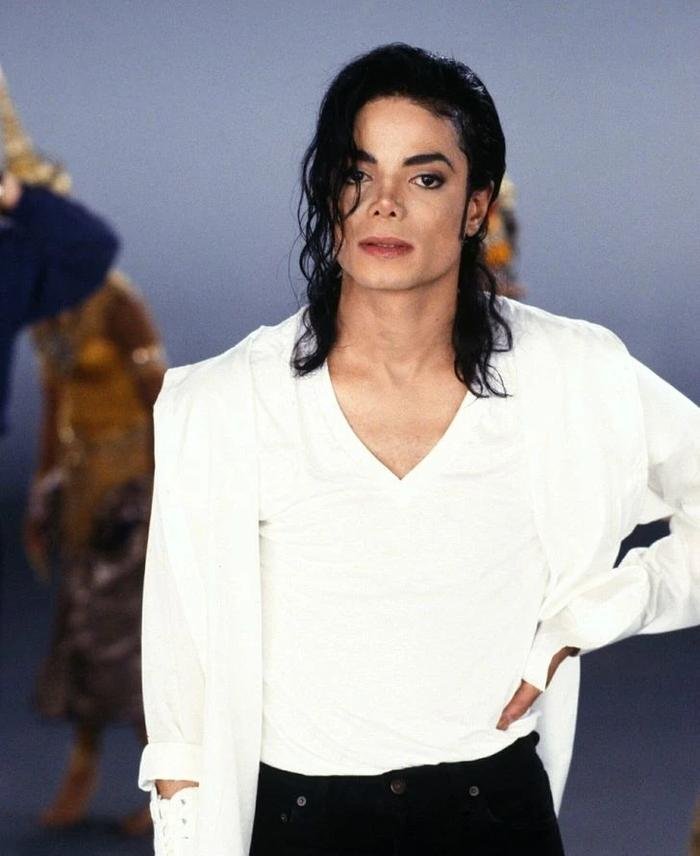
Despite personal and legal battles, Jackson’s artistry remained undiminished. His eighth album, Dangerous, and his unforgettable performance at the 1993 Super Bowl halftime show—watched by over 133 million people—cemented his influence in music and entertainment. Jackson’s ability to create timeless music extended beyond personal themes; songs like “Earth Song” and “They Don’t Care About Us” addressed social issues, from environmental conservation to social justice, illustrating his commitment to humanitarian causes through his art.
In 2003, Jackson faced another wave of allegations, leading to a highly publicized trial in 2005. After a lengthy investigation and a trial filled with speculation and media scrutiny, Jackson was acquitted of all charges, yet the trial left an indelible impact on his career and public image. These legal challenges, coupled with ongoing health issues, took a toll on Jackson’s physical and emotional well-being.
As Jackson prepared for his highly anticipated “This Is It” tour in 2009, his untimely death on June 25 shook the world. Fans across the globe mourned the loss of a legendary figure whose influence reached far beyond music. Michael Jackson’s legacy lives on through his groundbreaking work in music, dance, and video. His contributions to pop culture remain unrivaled, with awards, records, and achievements that continue to inspire generations of artists and fans worldwide.
Michael Jackson’s life was filled with complexities, and his narrative was often shaped by a press eager to profit from his fame and struggles. Yet, despite the controversies and misunderstandings, he left behind a legacy of compassion, talent, and an enduring mystique that the world will remember for generations to come.
